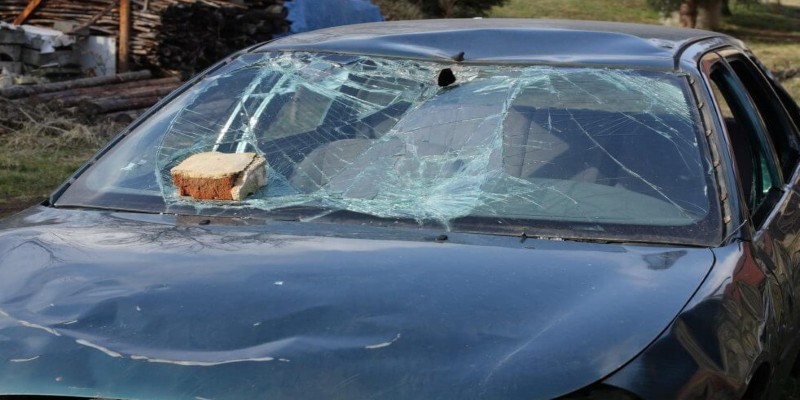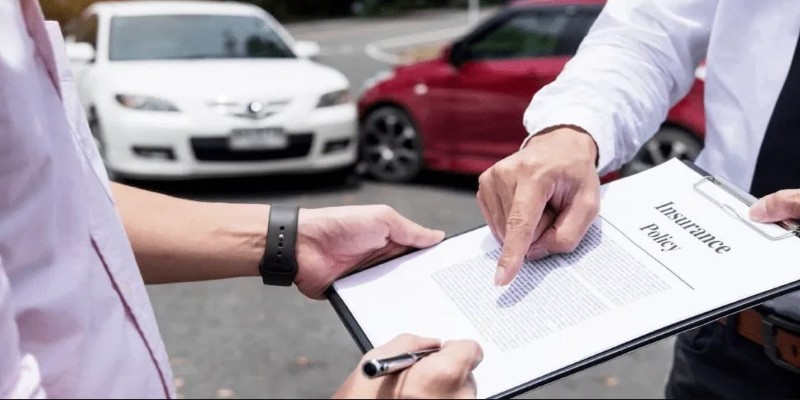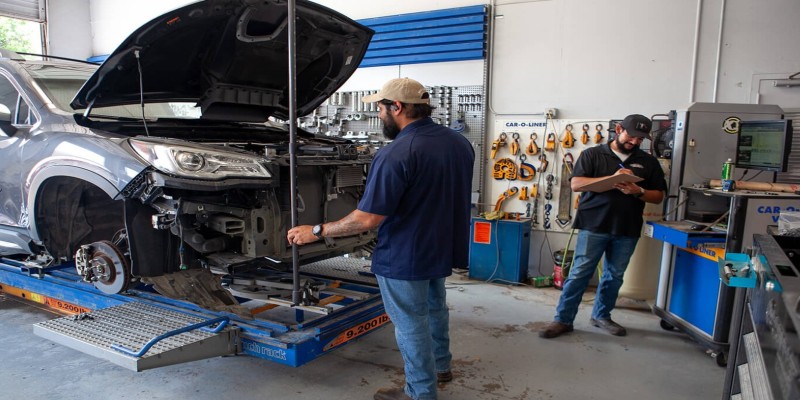How To Avoid Common Car Insurance Claim Mistakes
Filing a car insurance claim can feel overwhelming, especially when you're dealing with the aftermath of an accident. While insurance is designed to help in these situations, making mistakes during the claim process can delay your settlement or even result in a denial. To ensure your claim goes smoothly and you get the coverage you deserve, it's important to avoid common pitfalls. This article will guide you through how to steer clear of those mistakes and successfully navigate the claims process.
Understand Your Coverage
One of the first steps in avoiding claim mistakes is knowing exactly what your car insurance policy covers. Many people only think about their car insurance when something goes wrong, but understanding your coverage before a claim is essential. Policies vary greatly, so it’s important to know the details. For instance, your policy might include collision coverage, liability insurance, or comprehensive coverage, but each of these provides different types of protection.

By understanding your coverage, you avoid the mistake of assuming your policy covers things it doesn't. For example, if you have liability coverage but no collision insurance, you won't be able to claim damages to your vehicle in an accident. Similarly, if you don't have comprehensive coverage, damages from events like vandalism or theft might not be covered. Reviewing your policy regularly ensures you're prepared for any situation.
Document Everything
Proper documentation is a key component of any successful insurance claim. After an accident, you may be in a rush to get your car repaired or to take care of other immediate concerns. However, skipping steps in documenting the incident could cost you down the line. Take photos of the accident scene, damage to all vehicles involved, any visible injuries, and surrounding conditions (such as weather). This visual evidence is crucial in proving the circumstances of the accident.
Additionally, make sure to gather contact details of the other parties involved, including witnesses. Their statements might play a role in the claims process if there are discrepancies in the accounts of the incident. Even a small detail could make a big difference in your claim, so don’t leave anything to chance.
Notify Your Insurer Promptly
Timeliness is another critical factor in filing a successful claim. Most insurance companies require that you report an accident or damage within a specific period, often as soon as possible after the event. Failing to notify your insurer promptly can lead to complications or the outright rejection of your claim. Even if the accident doesn’t seem severe, it’s still important to inform your insurer, as delays can result in complications in determining liability or assessing the damages.

Along with notifying them quickly, provide as much detail as possible. The more transparent and comprehensive you are with your insurer, the better they can assist you. When the insurance company understands the full picture, they are more likely to approve your claim quickly and accurately.
Don’t Admit Fault
One of the most common mistakes people make after an accident is admitting fault to the other party or even to their insurance company. In many cases, the fault of an accident may not be immediately clear, especially if there are multiple vehicles involved or varying accounts of the incident. While it’s natural to want to apologize or take responsibility, it’s best to avoid admitting fault at the scene or even in conversations with your insurance adjuster.
The process of determining liability is the responsibility of the insurance company, not you. Your insurer will investigate the incident, review the evidence, and determine fault. Any admission of guilt on your part can complicate that process and may result in your claim being denied or undervalued.
Follow Through With Necessary Repairs
After your claim has been accepted, follow through with the necessary repairs promptly. Most insurance companies will only cover repairs performed by approved repair shops. Failing to follow their guidelines for repairs could result in a lower payout or no payout at all. If you have the option, always choose a repair facility that works with your insurer. This ensures the repairs meet the insurer’s standards and reduces the risk of a dispute over the final cost.

Additionally, remember that some policies require you to submit receipts for repairs or to prove that you’ve had the work done. If your insurer asks for these documents, make sure you provide them promptly. Missing paperwork or failure to complete repairs can delay your claim or reduce your compensation.
Be Aware Of Your Deductible
Another area where claim mistakes can happen is when overlooking the deductible. A deductible is the amount you'll need to pay out of pocket before your insurance starts covering the repair costs. Before filing a claim, check your policy's deductible. If the damage to your vehicle is minor and the cost of repair is close to or less than your deductible, it might not be worth filing a claim.

Filing a claim for damage that doesn’t exceed your deductible can lead to increased premiums without a corresponding benefit. Always assess the financial impact of your deductible and compare it to the repair costs before moving forward with a claim. While it’s tempting to file for every instance of damage, keeping small repairs to yourself may help avoid unnecessary premium increases.
Stay Organized Throughout The Process
Car insurance claims can take time, sometimes weeks or even months, to resolve. Throughout this period, staying organized is crucial. Keep track of all communications with your insurer, including emails, phone calls, and written correspondence. Document dates, names, and any reference numbers related to your claim. This will help you stay on top of the process and prevent misunderstandings.

If there are any delays or issues, having organized records can speed up your ability to resolve them. If you need to escalate your case to a manager or mediator, having a well-documented history will make it easier to present your case clearly and efficiently.
Conclusion
Car insurance claims can seem complicated, but avoiding common mistakes can help simplify the process and ensure that you get the compensation you deserve. By understanding your policy, documenting the accident thoroughly, notifying your insurer promptly, and staying organized throughout, you can avoid delays and unnecessary complications.
Remember to be honest and realistic about the extent of the damage and follow through with necessary repairs according to your insurer’s guidelines. With the right approach, you’ll be able to navigate the claims process with confidence and get back on the road as soon as possible.
Latest Article
-

- 6 Best Platforms For Beginners In Stock Trading
-

- How To Choose The Right Used Luxury Car Dealer
-

- How Career Training Transforms Beginners Into Industry Experts
-

- What Car Insurance Covers During Natural Disasters
-

- Beauty On a Budget: How To Find High-Quality Skincare For Less?
-

- The Rise Of Green Investing In Stock Markets















